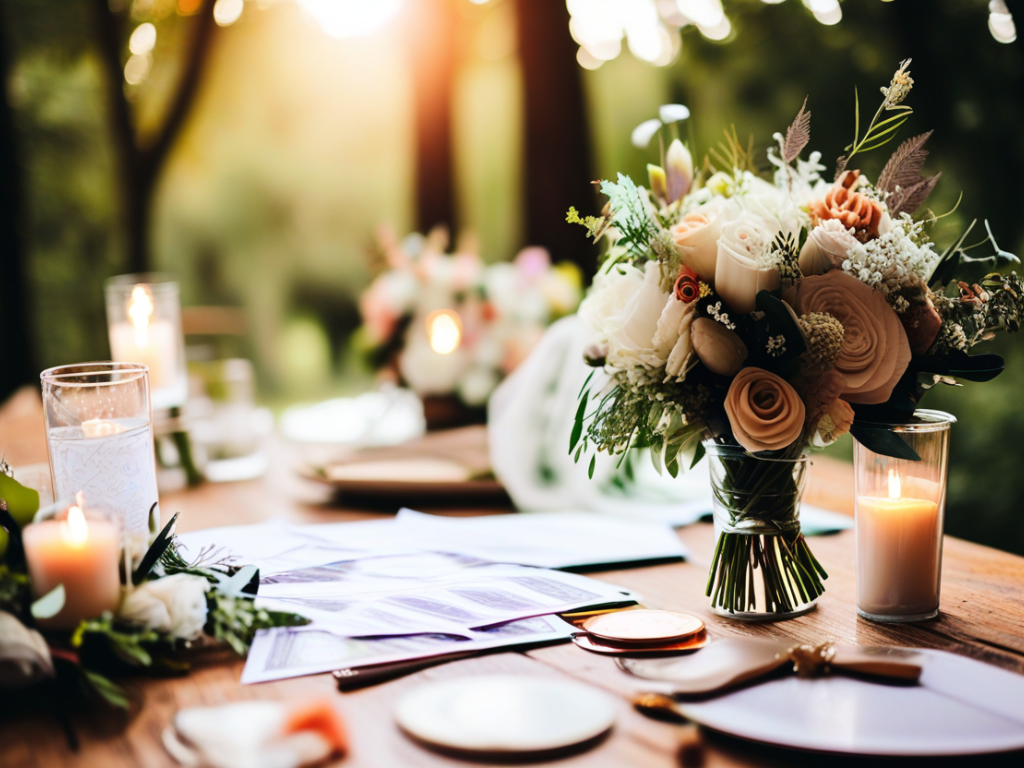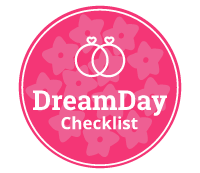Setting a Realistic Budget
One of the first steps in planning a wedding is setting a realistic budget. Before you start booking venues and vendors, sit down with your partner and any contributing family members to determine how much you can afford to spend. Be honest about your financial situation and prioritize what aspects of the wedding are most important to you. Creating a detailed budget spreadsheet can help you keep track of expenses and stay on target.
In this article you will find:
- Setting a Realistic Budget
- Choosing the Right Venue
- DIY Decor and Details
- Timing is Everything
- Prioritizing Must-Have Items
- Negotiating with Vendors
- Final Thoughts
Choosing the Right Venue
The venue is often one of the most significant expenses for a wedding, so choosing the right one can have a big impact on your budget. Consider non-traditional options like parks, art galleries, or even a family member’s backyard. These unique venues can be more affordable and offer a personalized touch to your special day. Keep in mind that certain venues may have restrictions or additional costs, so make sure to ask about all fees upfront.
DIY Decor and Details
Adding personal touches to your wedding decor doesn’t have to break the bank. Consider DIY projects like handmade centerpieces, homemade favors, or personalized signage. Not only can these projects save you money, but they can also add a heartfelt and unique element to your celebration. Enlist the help of friends and family to tackle these projects together, turning them into fun pre-wedding bonding experiences.

Timing is Everything
Choosing the right date and time for your wedding can also impact your budget. Opting for a weekday or off-peak season wedding can result in significant cost savings. Venues and vendors often offer discounts for events held outside of peak times, allowing you to allocate those savings to other areas of your budget. Additionally, booking early can help you lock in lower prices before any potential rate increases.
Prioritizing Must-Have Items
When budgeting for your wedding, it’s essential to prioritize your must-have items. Sit down with your partner and create a list of non-negotiables, such as a specific photographer, a certain type of food, or a live band. Allocate a larger portion of your budget to these key elements and be willing to make compromises on less essential items. By focusing on what truly matters to you, you can ensure that your wedding reflects your vision while staying within your financial means.
Negotiating with Vendors
Don’t be afraid to negotiate with vendors to get the best deals for your wedding. When reaching out to venues, caterers, photographers, and other vendors, ask if they offer any packages or discounts for certain services. Be upfront about your budget constraints and see if they are willing to work with you to create a customized package that meets your needs. Building a good relationship with your vendors can also lead to additional cost-saving opportunities, such as waived fees or added perks.
Final Thoughts
Planning a wedding on a budget may require some extra creativity and flexibility, but it is entirely possible to create a beautiful and memorable celebration without overspending. By setting a realistic budget, choosing affordable options, DIYing where you can, and prioritizing what truly matters to you, you can stay within your financial means while still having the wedding of your dreams. Remember, the most important thing is celebrating your love and commitment surrounded by your closest family and friends, no matter the cost.


